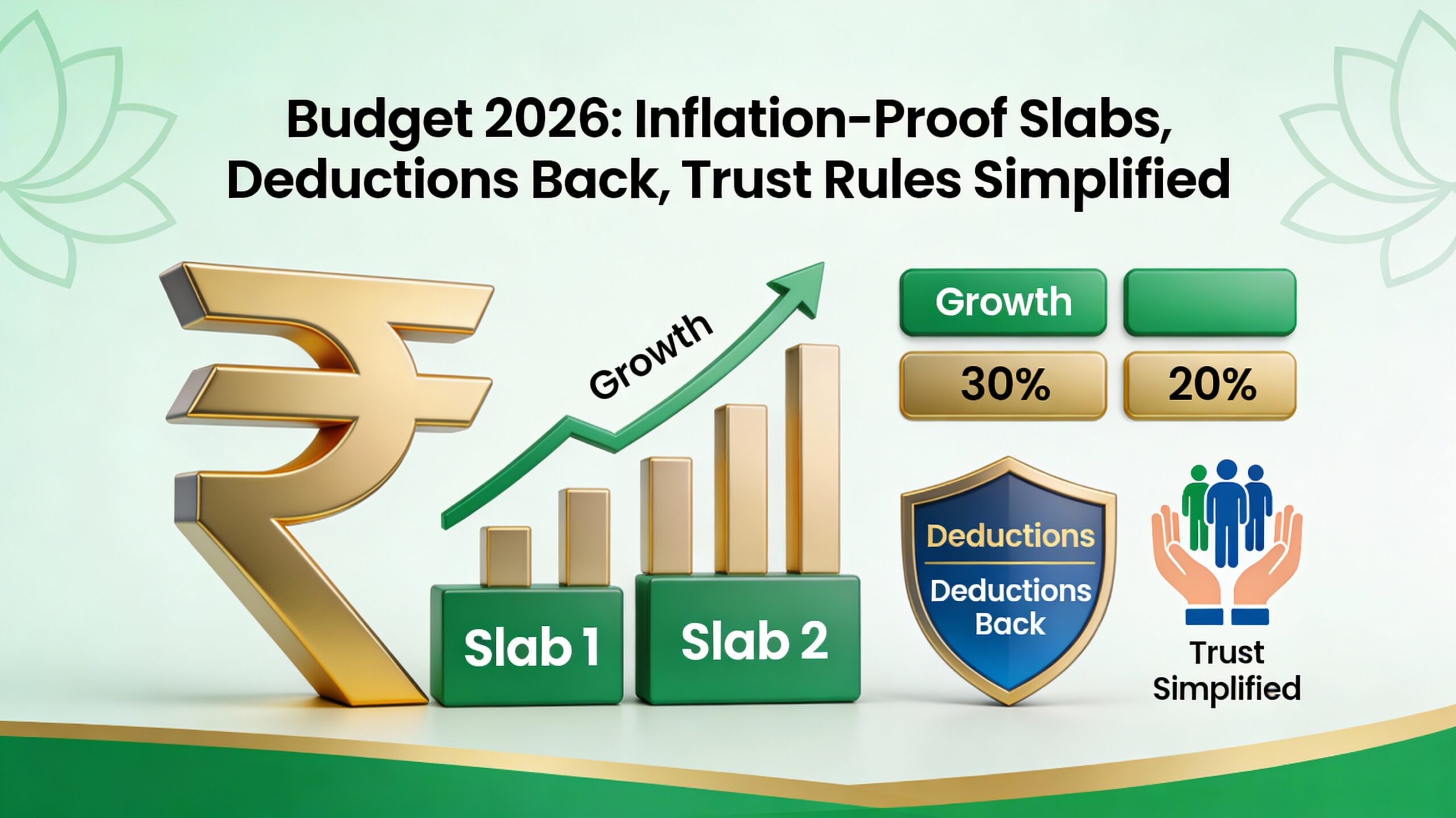The Securities and Exchange Board of India (SEBI) has proposed a significant shift in how the closing price of a stock is determined. Moving away from the existing volume-weighted average price (VWAP) method, SEBI suggests adopting the close auction session (CAS), an internationally recognized practice, to enhance accuracy and reduce volatility, especially on event-heavy trading days.
Proposed Changes to Closing Price Determination
1. Current Mechanism: VWAP
- The closing price is calculated as the volume-weighted average price of a stock during the last 30 minutes of the trading day.
- Concerns:
- It does not allow trades at the precise closing price.
- Passive fund managers cite volatility risks and incomplete order execution during events like index rebalancing or derivative expiry.
2. Proposed Mechanism: Close-Auction Session (CAS)
- CAS introduces a call-auction mechanism, where buyers and sellers quote prices to determine an equilibrium price, set as the closing price.
- Session Details:
- A 15-minute session from 15:30 to 15:45.
- Divided into four phases:
- Reference price determination (based on VWAP).
- Order input period.
- No-cancellation period (random close).
- Order matching and trade confirmation.
Rationale Behind the Proposal
- Passive investing concerns:
- Passive funds rely heavily on closing prices for index tracking, but VWAP-induced volatility leads to tracking errors.
- Event Day Volatility:
- On days like index rebalancing or derivative expiries, large trades under VWAP can significantly impact prices.
- Fairer Price Discovery:
- CAS allows for a more representative equilibrium price and ensures greater trade completion accuracy.
Phased Implementation
- Initially, CAS would apply only to stocks with derivatives to ensure sufficient liquidity.
- Gradual rollout to other stocks based on the success of the phased implementation.
Potential Benefits of CAS
- Improved Price Accuracy: Better reflects actual supply and demand at the close of the trading day.
- Reduced Volatility: Minimizes large fluctuations caused by heavy volumes during event days.
- Enhanced Market Confidence: builds trust among international fund houses by aligning India with global best practices.
Conclusion
The introduction of CAS could mark a significant evolution in India’s stock market operations, improving accuracy, reducing volatility, and enhancing market stability. By aligning with global standards, SEBI aims to cater to the needs of passive funds and institutional investors, ensuring a seamless trading experience.











